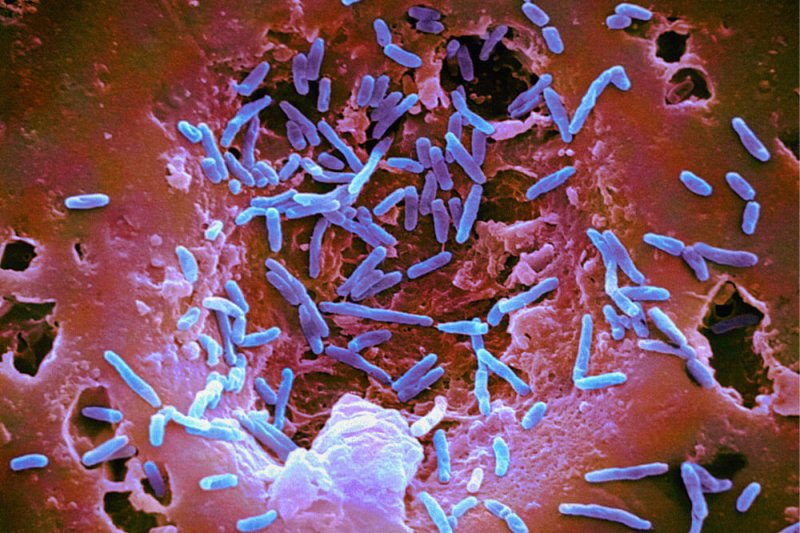The GLP aggregated and excerpted this blog/article to reflect the diversity of news, opinion and analysis.
Scientists have long puzzled over the root causes of Alzheimer’s disease, a devastating and typically fatal condition that currently denies more than five million Americans their cognition and memory. But in a provocative editorial to be published in the Journal of Alzheimer’s Disease, a cadre of scientists argue that the complex disease may have a surprisingly simple trigger: tiny brain-infecting microbes. This controversial view, which is not new, has long been dismissed as outlandish, but a growing body of work suggests it may be worth considering and further studying. If researchers can prove the theory and iron out the many argued-over details—both formidable tasks, as brain infections are difficult to study—Alzheimer’s could become a preventable illness.
The editorial, signed by 31 scientists around the world, argues that in certain vulnerable individuals—such as those with the APOE ε4 gene variant, a known Alzheimer’s risk factor—common microbial infections can infect the aging brain and cause debilitating damage. These microbes may include herpes simplex virus 1 (HSV-1), the ubiquitous virus that causes cold sores as well as Chlamydophila pneumoniae and Borrelia burgdorferi, the bacteria that cause pneumonia and Lyme disease, respectively.
Read full, original post: Controversial New Push to Tie Microbes to Alzheimer’s Disease































